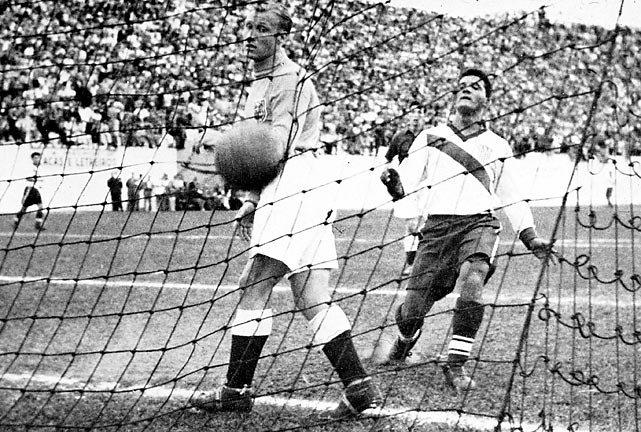From “What Does Soccer Mean Today,” Ryan O’Hanlon’s Pacific Standard interview with writer Simon Kuper, an exchange about the effect of globalization on the world’s game, which has made interest somewhat shallower but much wider:
“Pacific Standard:
Some have said that this globalization has lessened the importance of the World Cup. Basically, anyone with an Internet connection can watch any game. And with club soccer, they’re watching better, more cohesive teams. Where do you see the World Cup fitting within all that?
Simon Kuper:
It’s still the most meaningful for players and for fans, so your career can be made in a minute. You score a brilliant goal or you score a terrible own goal at the World Cup, and that marks you for the rest of your life just because of the interest and the meaning that people attach to it is still much higher—even though all the things you say are true. What’s special about the World Cup—if you go back to before the World Cup in the U.S., very few Americans were interested, very few Chinese, Indians, Japanese, Indonesians, so really, the biggest countries in the world were excluded. And now each World Cup really is a World Cup, so in that sense it’s much more wider and deeper than it used to be. And I think that’s quite thrilling: The idea that when somebody plays, he’s watched by people literally all over the world. It’s the most uniting event in our planet’s history, given the increase in global communication. The World Cup in Brazil will be the biggest media event in history, judged by numbers of viewers and numbers of clicks, and there’s something majestic about that.”

